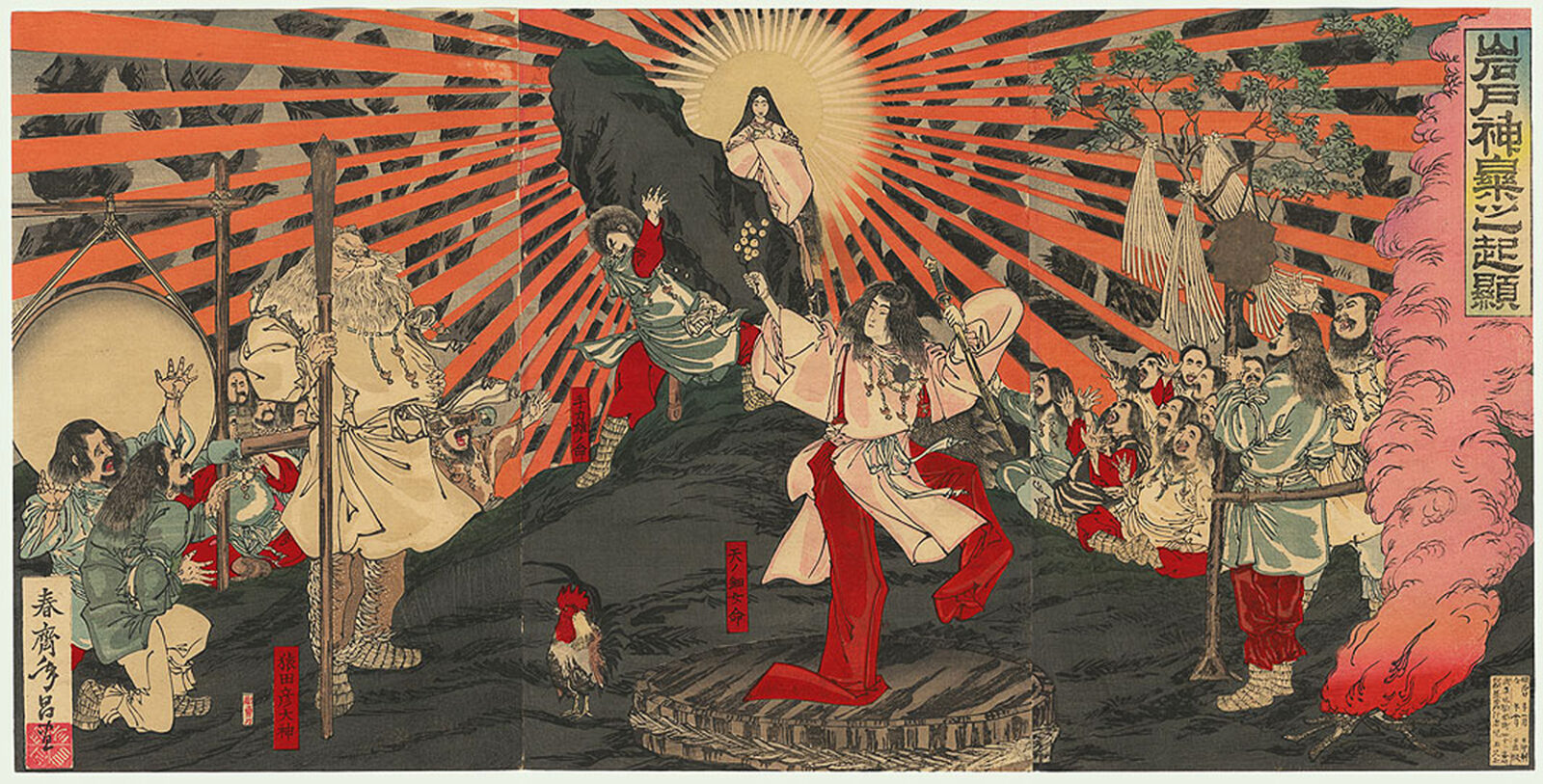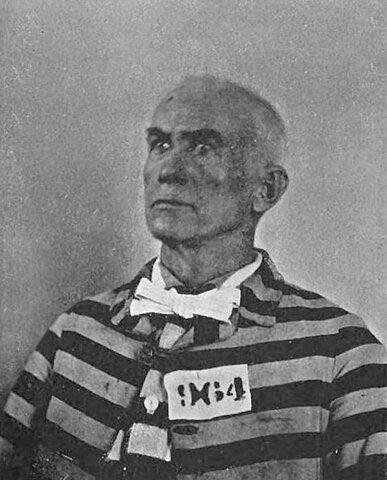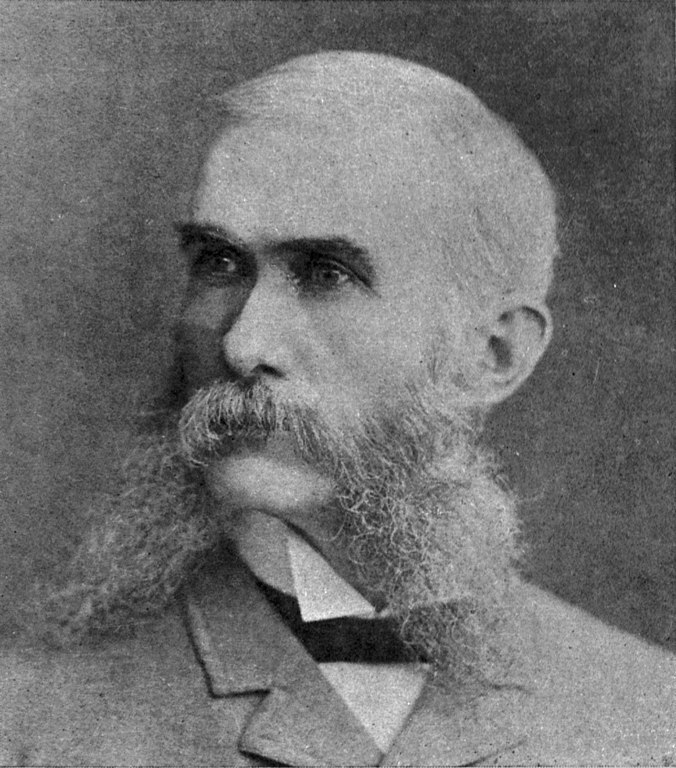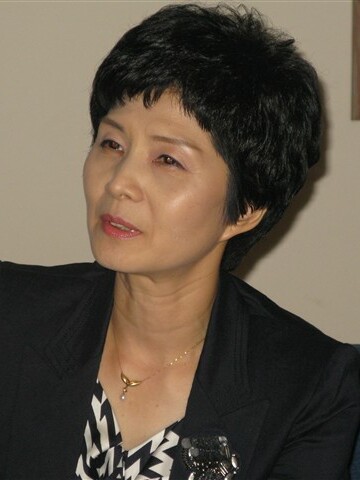For part 2 of our Revised Introduction to Japanese History: what do we know about the origins of Japan’s imperial…
We’re back at the beginning for Part 1 of a new miniseries: A Revised Introduction to Japanese History. Sources “The…
In the second part of our story, the Baron of Arizona has to create a Baroness so he can rise to great heights in Europe and use his connections to keep swindling in America. But while the upper crust in the old country buy into his wild story, Americans are starting to unravel his fraud.
This week, it’s a listener question episode! Let’s talk about the topics I’d like to cover, a D&D party made…
Why are Japan and South Korea’s governments so worked up about some uninhabited rocks in the middle of nowhere? Well, because sometimes those rocks stand for much, much more.
James Reavis was a failed real estate investor, but he had a knack for document forgery. And if you lose all the land you own legally, why not acquire some more with the help of a few doctored papers?
Once again, Isaac underestimates how many episodes it will take to cover something, and so one more time, we’re talking…
This week on the podcast, a trip to two seats of the Imperial government. Also on the agenda: A really…
A North Korean plot to sabotage the Olympics and possibly derail a crucial South Korean election hinged on a pair of very unusual spies. When one of the bombers survived after swallowing a cyanide capsule, she told investigators her whole world was a lie.
This week on the podcast, something a little different: My first time traveling purely as a tourist in Japan, with…









